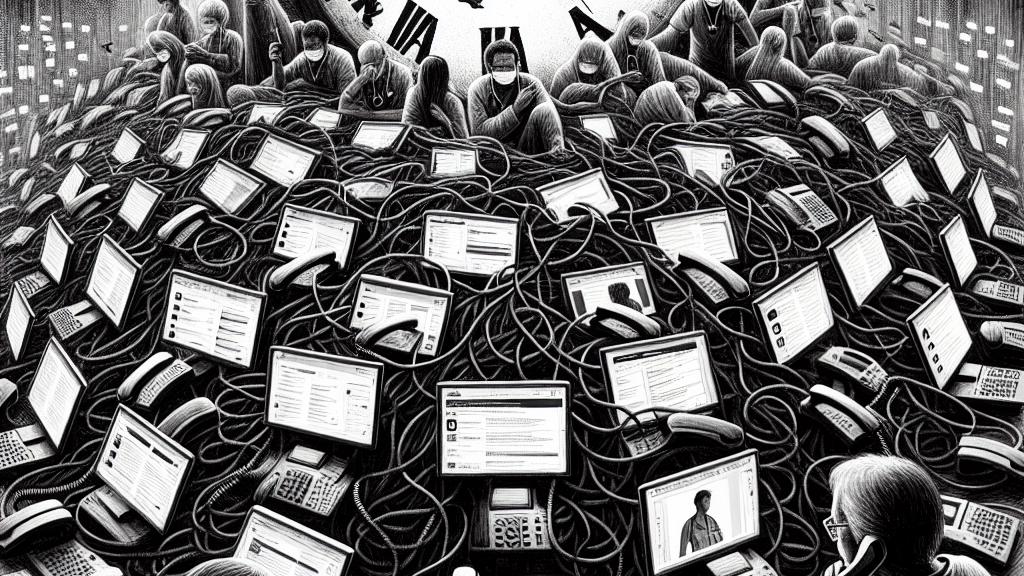Controversy Surrounding Vaccine Suspension Due to Threats Against Medical Institutions
Overview
- In Japan, a recent surge of online threats has forced medical institutions to abruptly halt COVID-19 vaccinations.
- Healthcare professionals face harsh criticisms, many being unjustly labeled as 'fake doctors'.
- This alarming situation not only disrupts vaccination efforts but also raises serious public safety concerns.

Background on the Incident
In October 2024, Japan's healthcare system faced an unprecedented crisis, stemming from the suspension of COVID-19 vaccinations at several medical institutions. This drastic action arose in response to an intense wave of online harassment directed at those administering the newly approved Replicon vaccine. Many medical practitioners reported being subjected to pointed accusations, with the derogatory term 'fake doctors' thrown at them by anonymous users. The barrage of vitriol led to a disheartening reality—a staggering number of harassing calls, sometimes reaching ten a day, impacted targeted facilities. These calls often came late at night, creating a chilling atmosphere of fear that rippled through the healthcare community and left practitioners questioning their safety and purpose.
Impact and Public Reaction
As the threats intensified, multiple medical facilities found themselves compelled to pull the brakes on their vaccination efforts. This was not merely a procedural decision; it was a matter of safety. Healthcare workers voiced their concerns, articulating how the ongoing threats had profoundly affected their ability to deliver care. Some shared anecdotes of patients expressing reluctance to visit clinics, fearing backlash due to the volatile environment. Meanwhile, alarming pamphlets circulated among communities, disseminating false information with statements like, 'Vaccination poses a danger to those you love!' Such messaging injected fear into the public, amplifying mistrust in the health system and causing chaos in vaccination campaigns that were already fragile.
Context and Global Comparisons
What unfolded in Japan echoes a broader pattern seen globally, where vaccine distributions have faced setbacks due to safety concerns. Consider Denmark's decision to halt the use of the AstraZeneca vaccine in 2021, prompted by thrombosis fears—a significant episode serving as a cautionary tale for public health authorities worldwide. Similarly, in Japan, tension around the Replicon vaccine was exacerbated by a statement from the Japanese Nursing Ethics Association that raised safety questions before unexpectedly retracting their remarks. These instances highlight the critical balance public health officials must strike. They must foster vaccine confidence while adequately addressing valid concerns, all without undermining the public trust that is essential for effective healthcare delivery. In a world still grappling with the repercussions of a pandemic, such incidents underscore the delicate interplay between health communication, safety, and the overarching goal of universal immunization.

Loading...